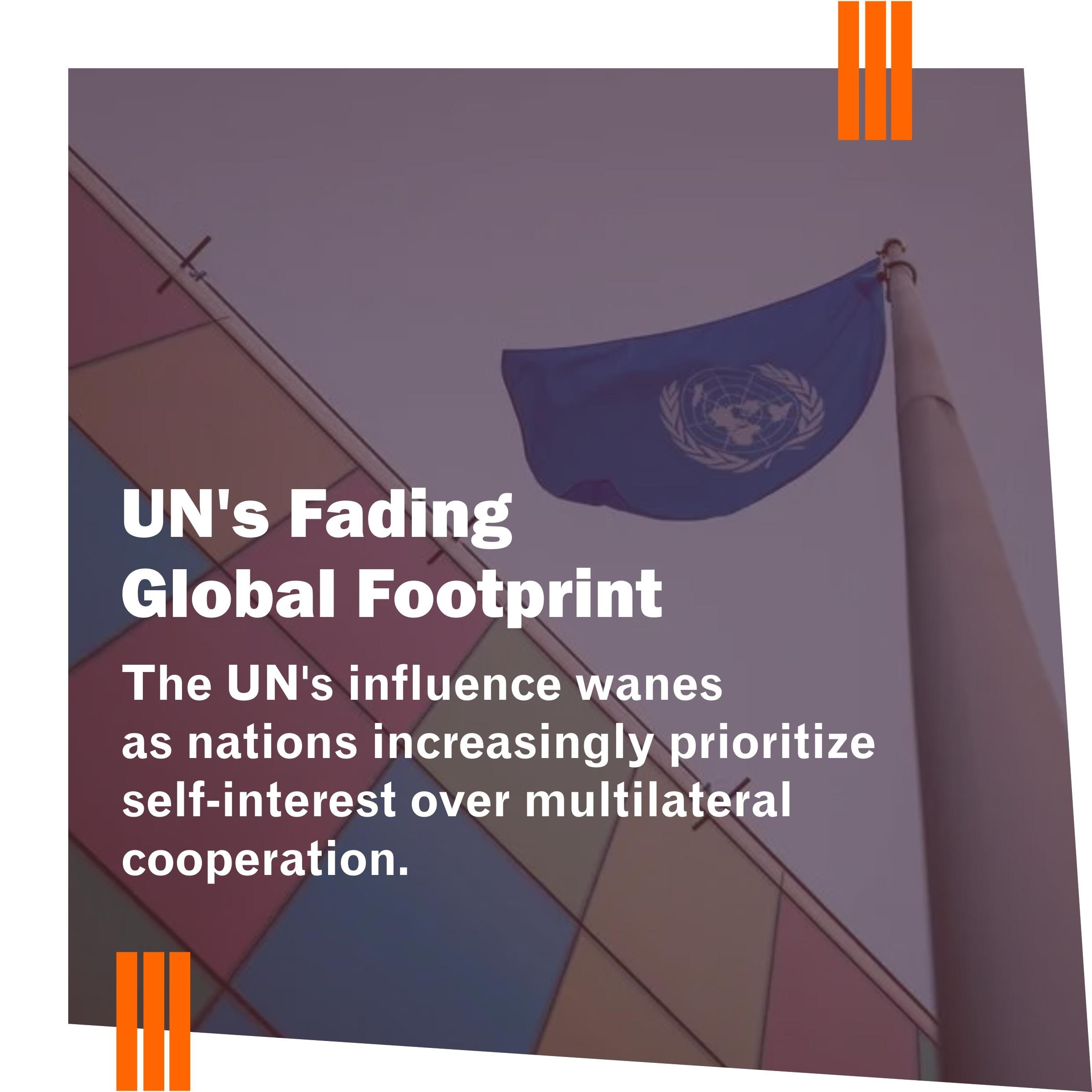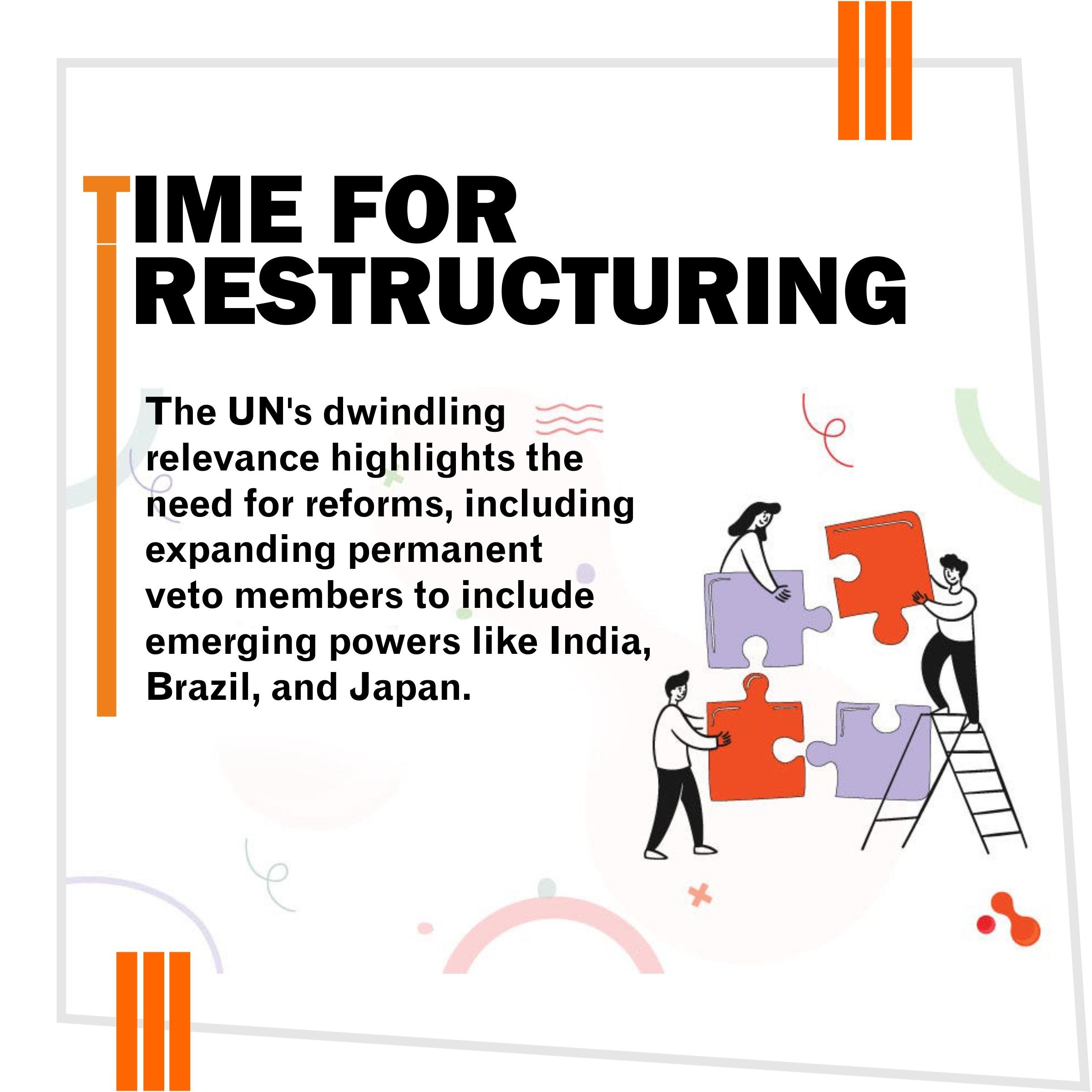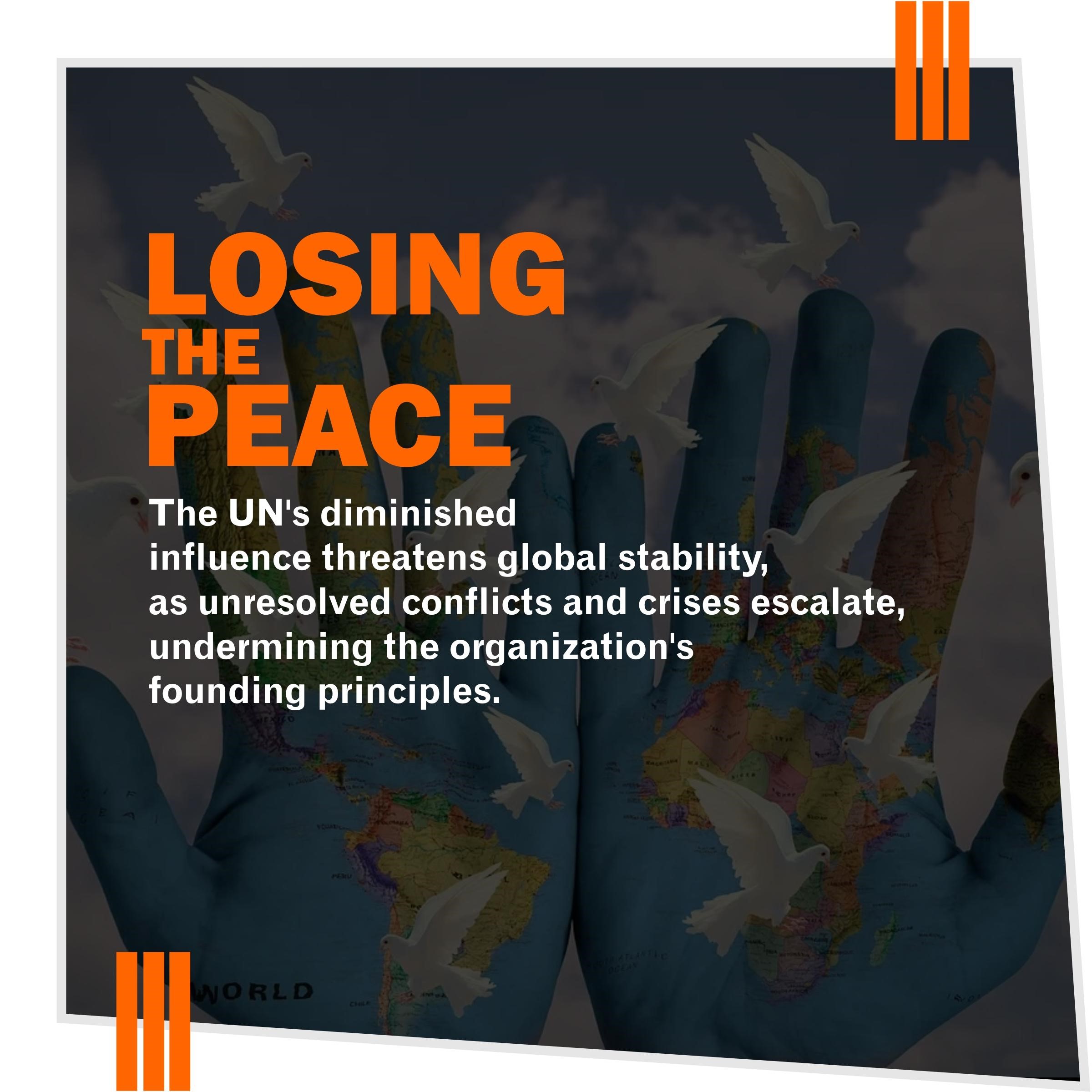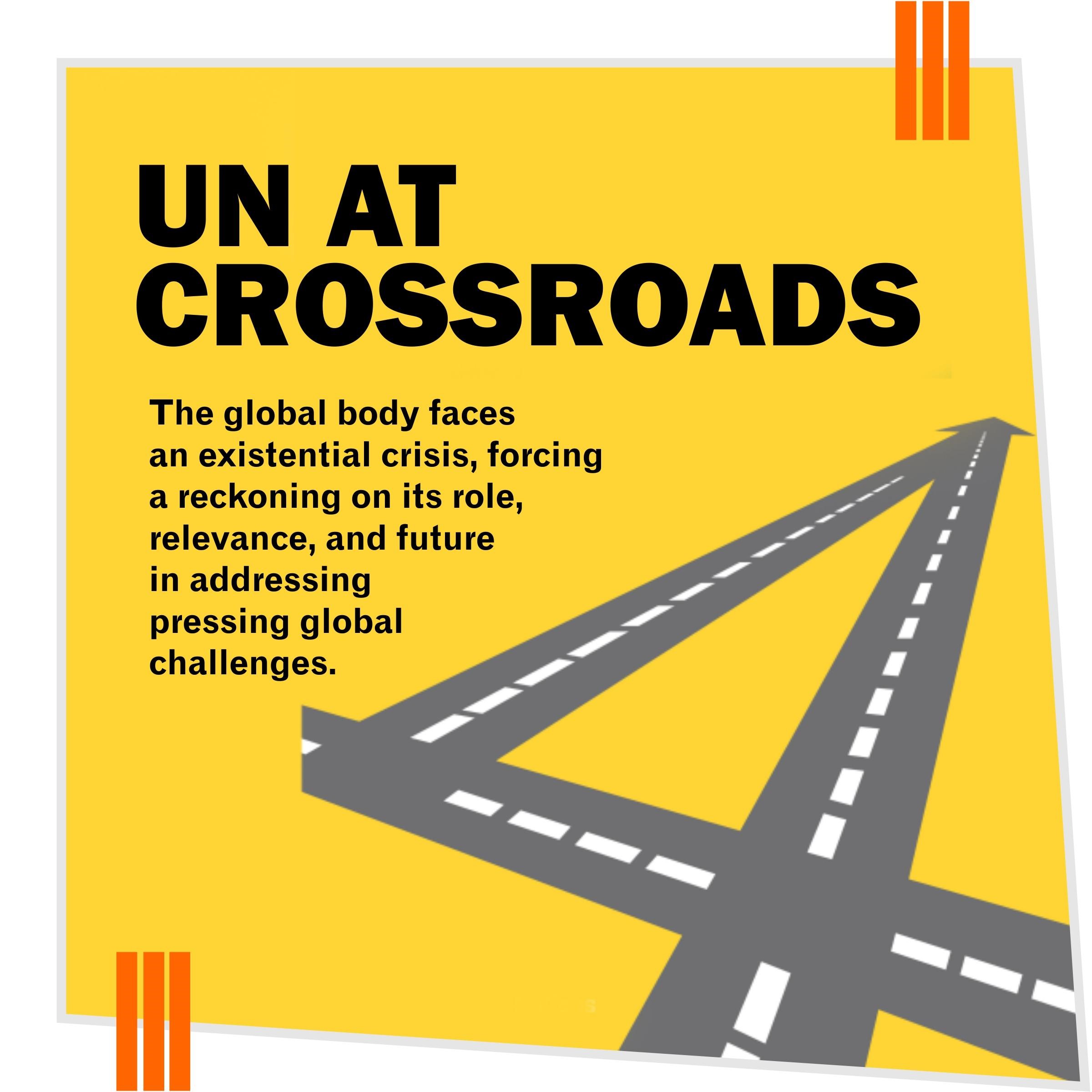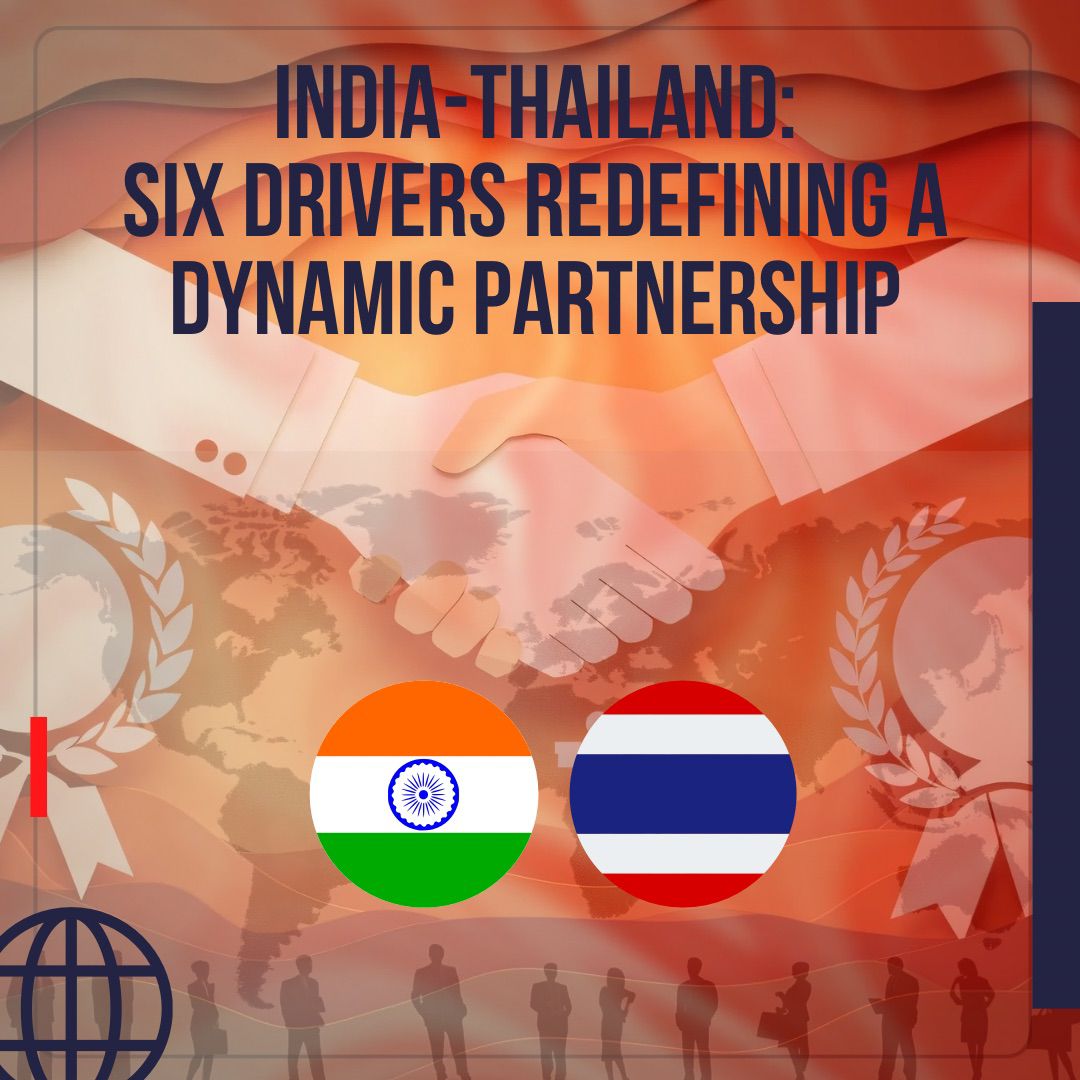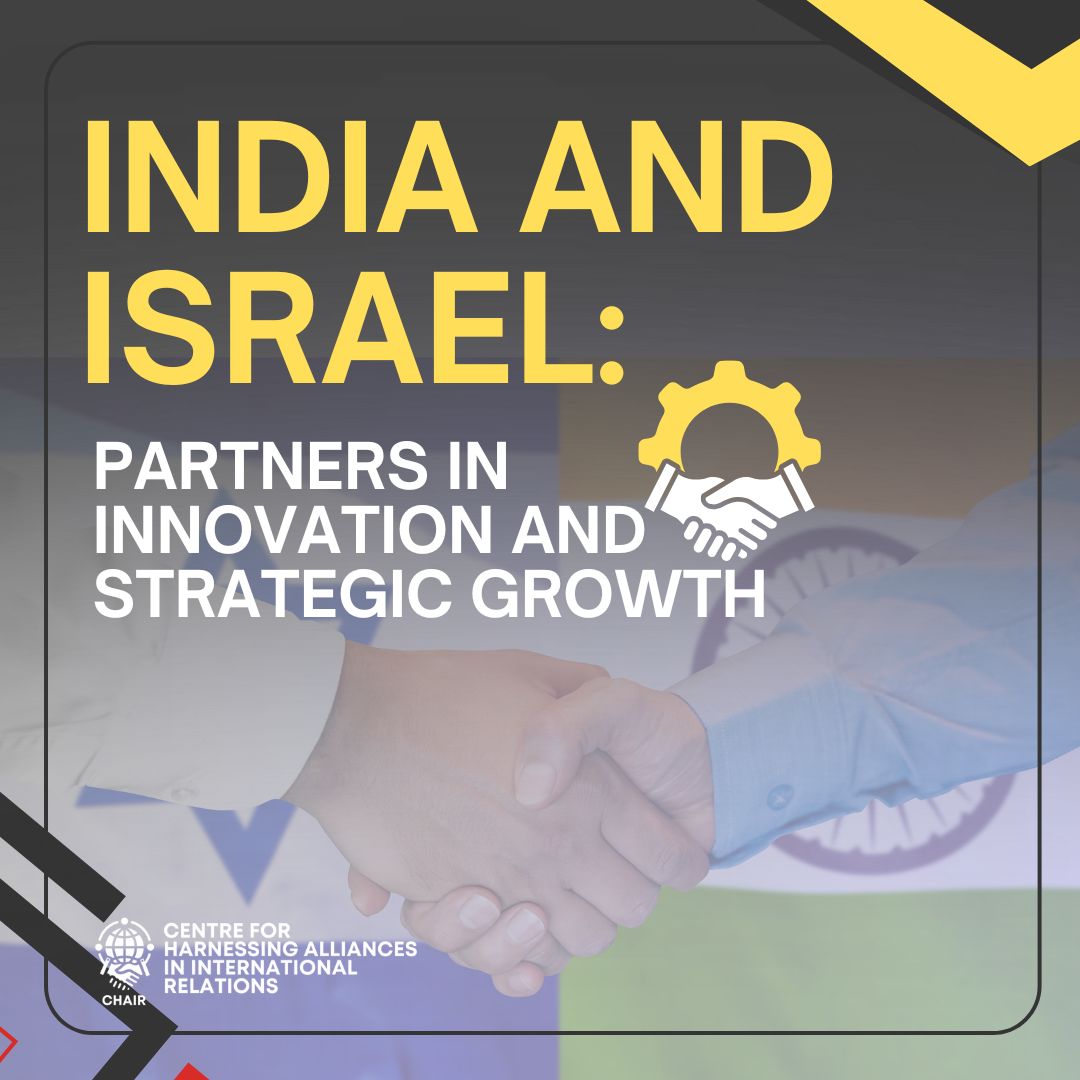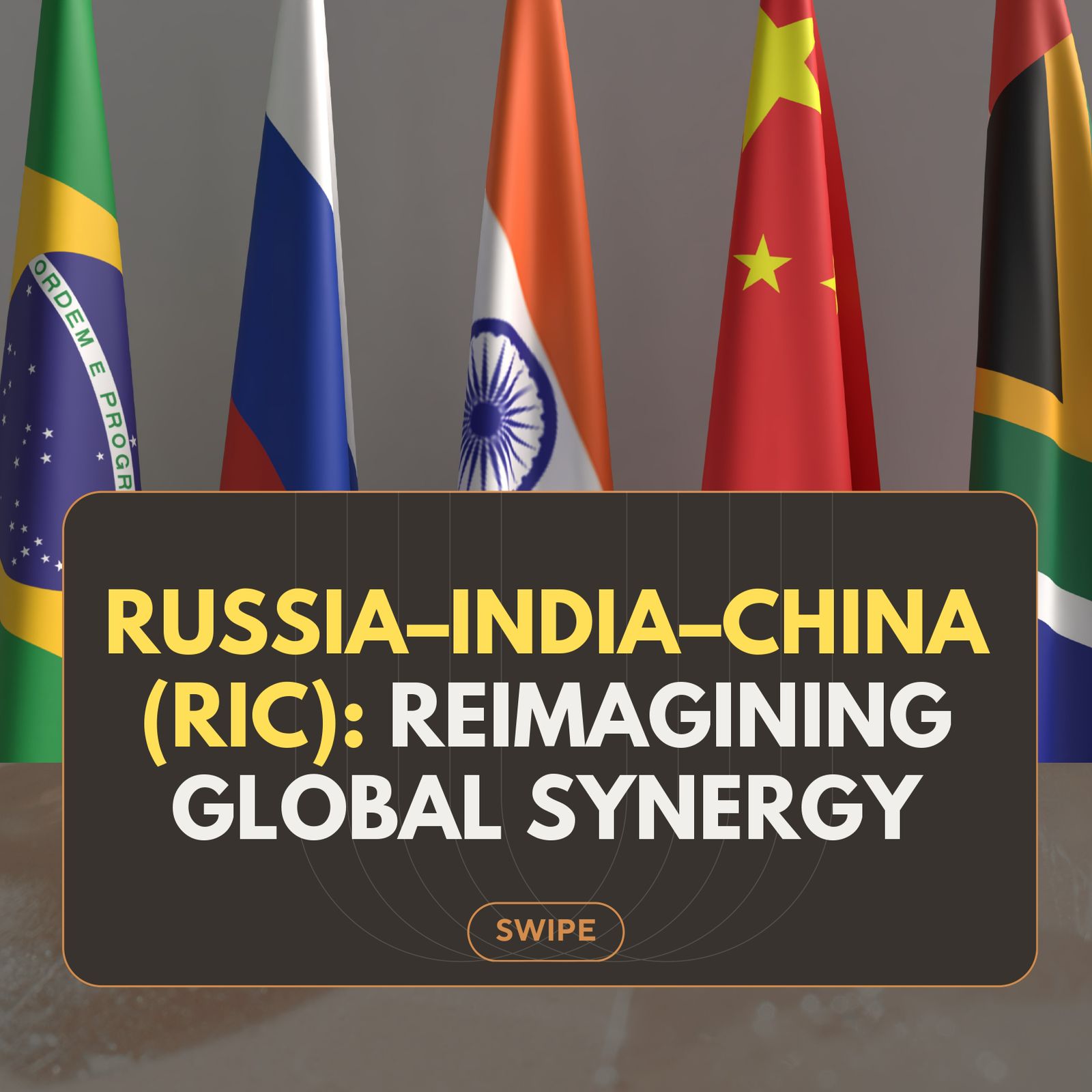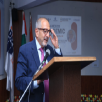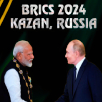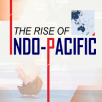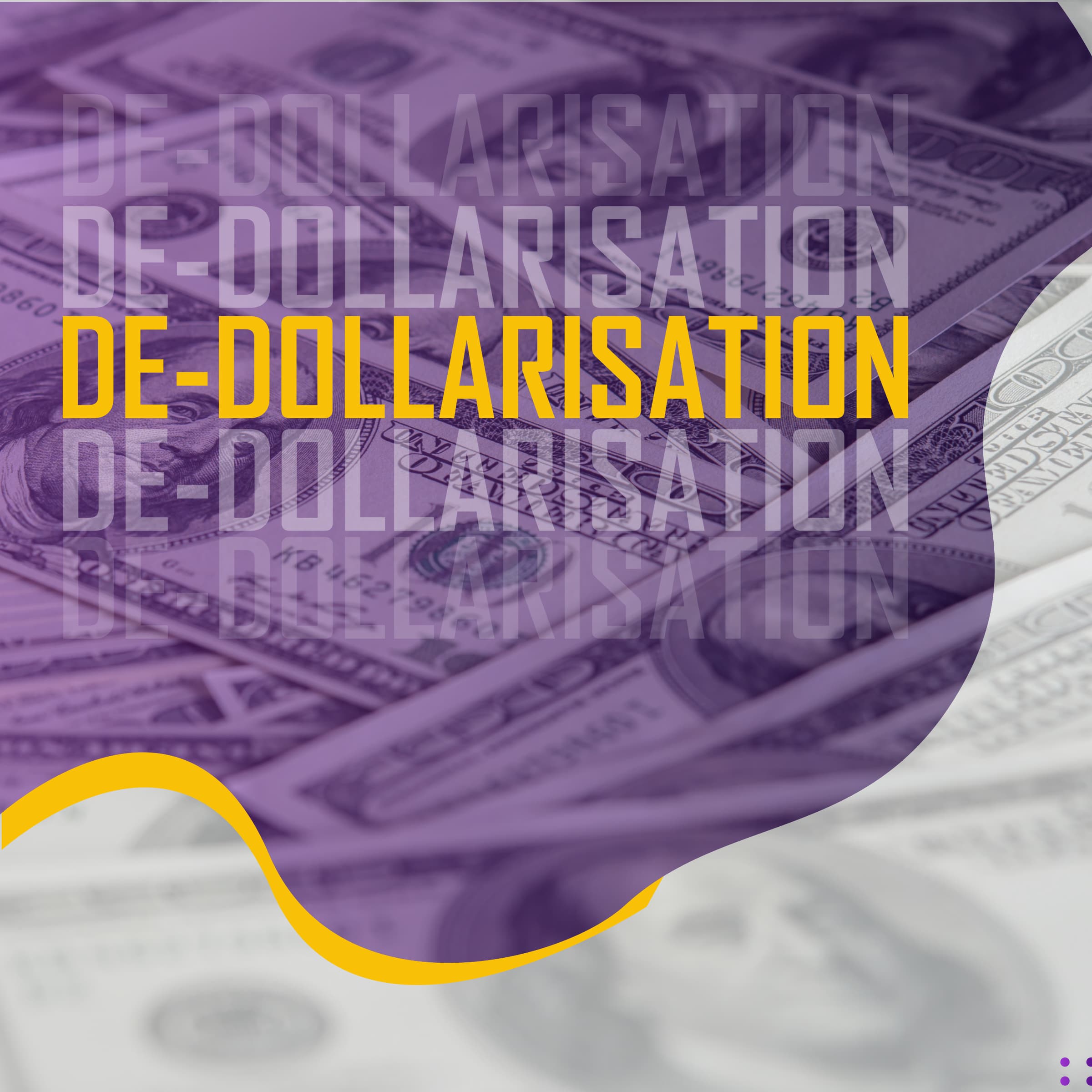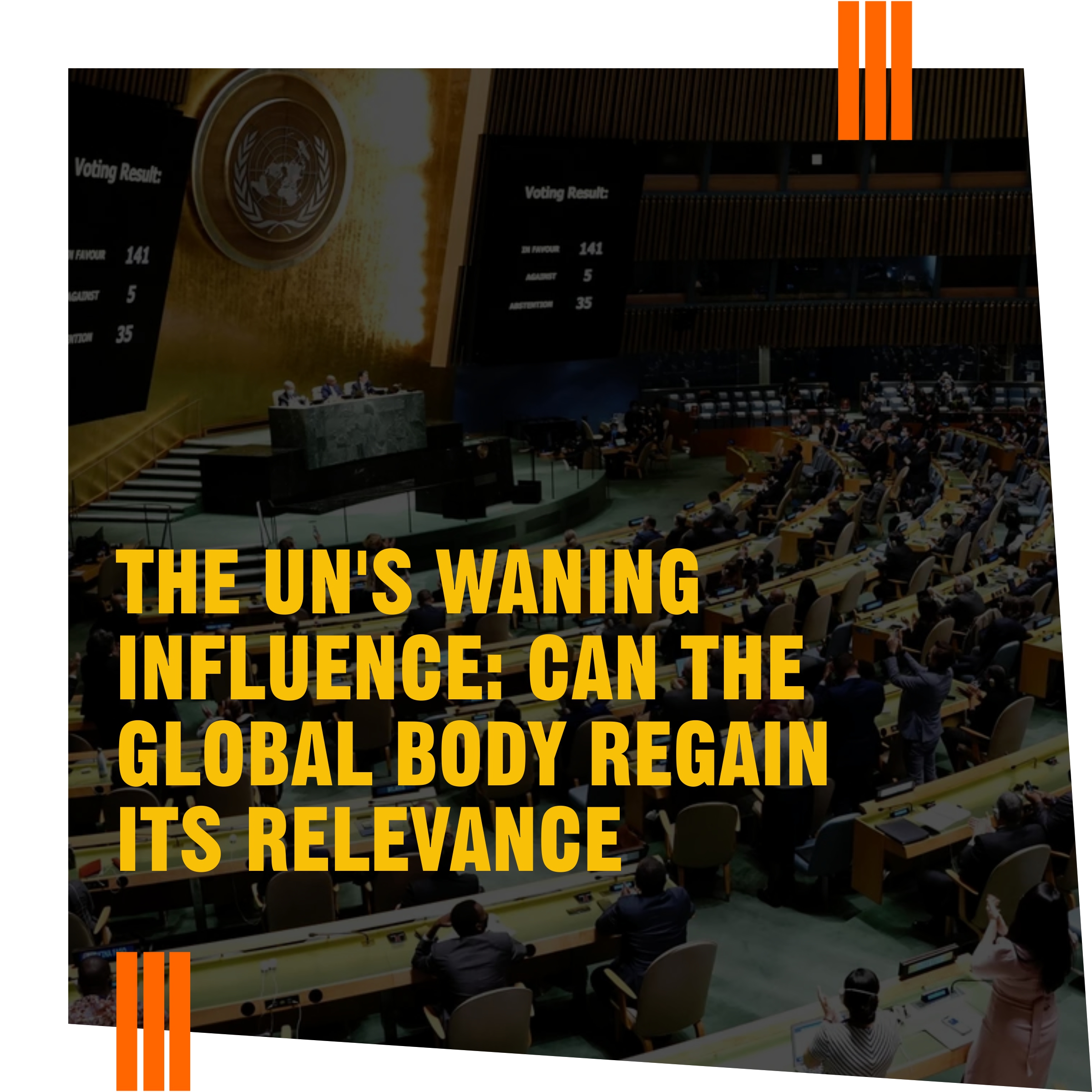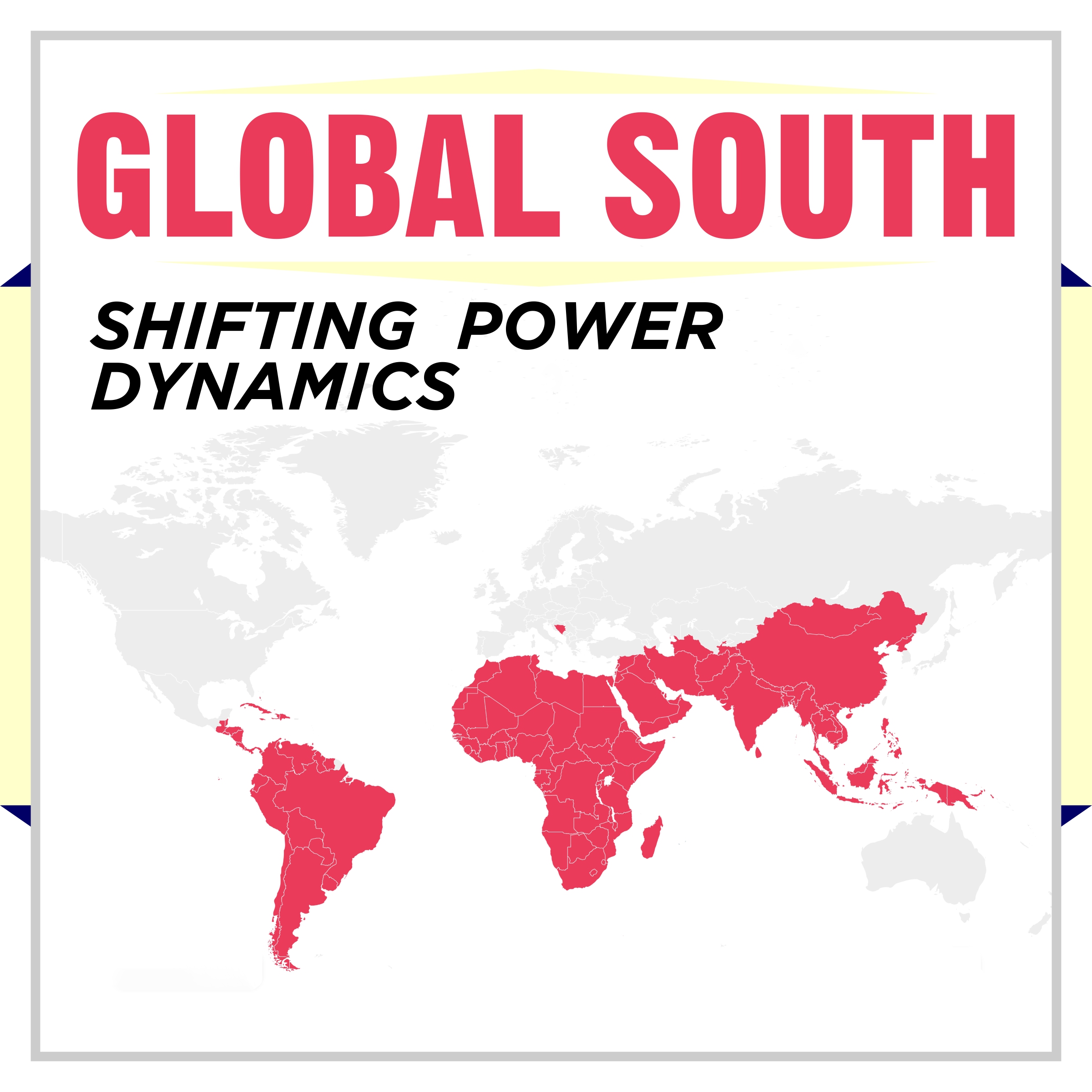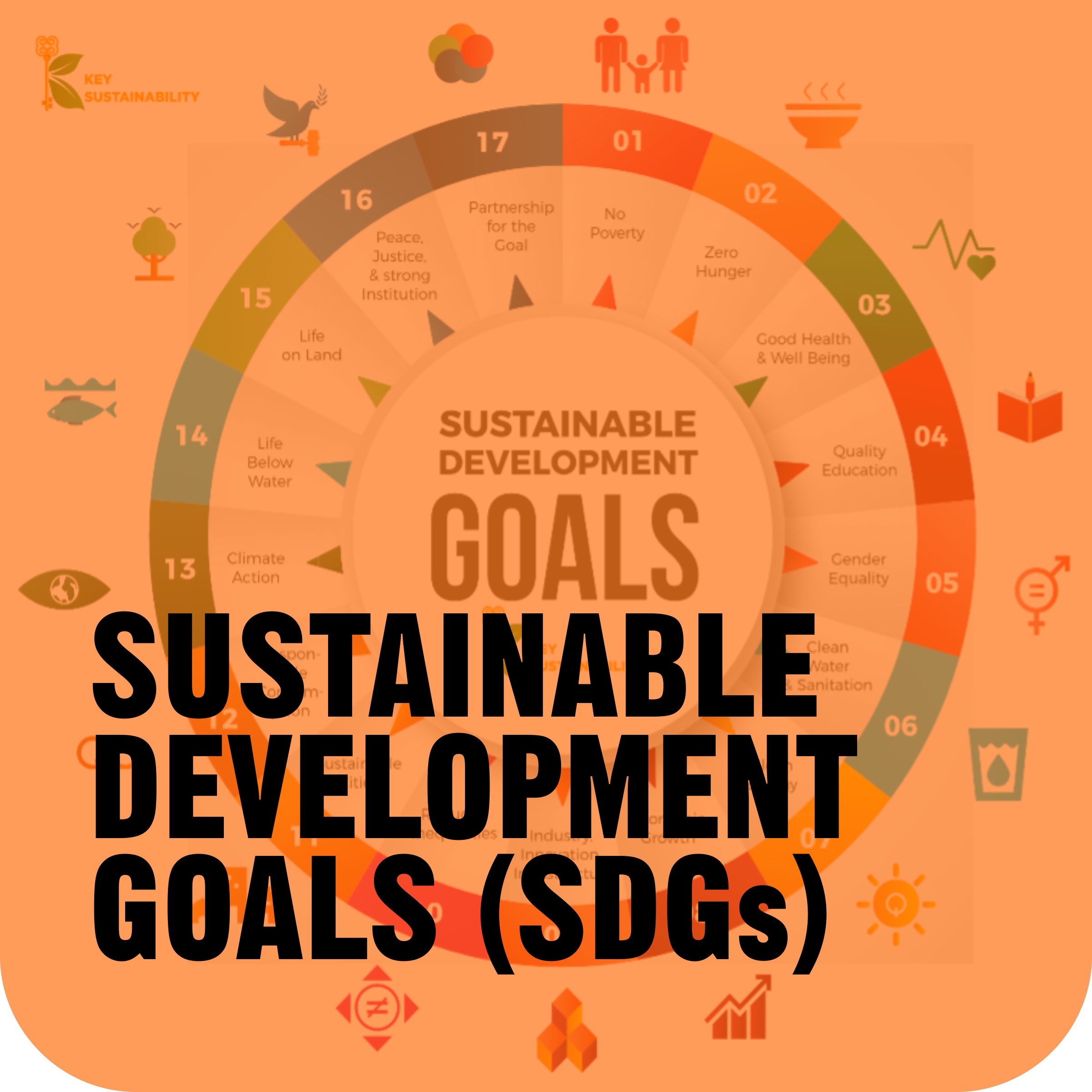India, with a staggering population of approximately 1.5 billion people, has a compelling case for a permanent representative at a platform like the United Nations. It is imperative that the power serves the people, amplifying their unilateral voice, especially considering India's remarkable progress in economy, social, and health indexes.
As India continues to rise as a major economic power, its influence on the global stage is undeniable. The country has made significant strides in reducing poverty, with approximately 273 million people pulled out of multidimensional poverty between 2006 and 2016. India's growth has also led to improvements in healthcare, education, and infrastructure.
Given India's growing global significance and its commitment to sustainable development, it is essential that the country has a stronger voice in international forums like the UN. A permanent representative would not only amplify India's concerns but also provide a platform for the country to contribute meaningfully to global discussions and decision-making processes.
Another area of reform is the UN's peacekeeping operations. The organization has been criticized for its handling of peacekeeping missions, particularly in Africa. The UN must work to improve its response to conflicts and crises, and ensure that its peacekeeping operations are effective and accountable.
In Africa, numerous nations are succumbing to authoritarian rule, abandoning democratic principles as military leaders and dictators seize power. The dismissal of democracy has led to widespread protests, which often escalate into violent conflicts, hindering social development across the continent.
This alarming trend is evident in countries like South Sudan, where the ongoing civil war has displaced millions, and the Democratic Republic of Congo, where President Félix Tshisekedi's government faces opposition and unrest. Similarly, in Sudan, the military's ousting of President Omar al-Bashir in 2019 led to a protracted transitional period, marked by violence and uncertainty.
The consequences of this shift away from democracy are far-reaching. Social development, including access to education, healthcare, and economic opportunities, is severely impacted. The region's instability also fuels humanitarian crises, as witnessed in Ethiopia's Tigray region, where conflict has led to devastating human suffering.
The UN is at a crossroads, facing an existential crisis that threatens its very existence. To regain its relevance, the organization must undergo significant reforms, including expanding the Security Council, improving peacekeeping operations, and strengthening partnerships with civil society and the private sector. The UN must also work to address pressing global challenges, such as climate change, pandemics, and economic inequality. Only by working together can the UN and its member states promote peace, prosperity, and human rights for all.
The United Nations must introspect and refine its workings before it's too late. It is imperative that the world maintains its trust in the global body, which plays a vital role in promoting world peace, prosperity, and sustainable development that is inclusive and equitable.

